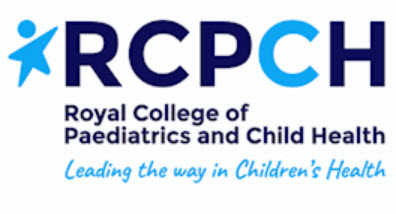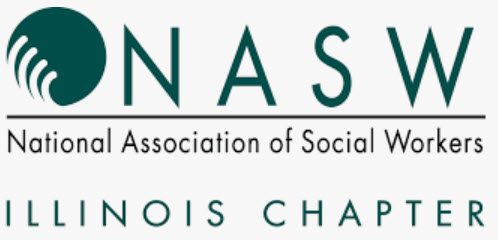Contents
The Committee on the Rights of the Child – a body of experts that monitor and report on the implementation of the United Nations Convention on the Rights of the Child – defines corporal punishment as “any punishment in which physical force is used and intended to cause some degree of pain or discomfort, however light”.
According to the American Academy of Pediatrics, corporal punishment “involves the application of some form of physical pain in response to undesirable behaviour”.
Both definitions have an emphasis on how pain is inflicted to punish, which makes corporal punishment distinct from actions such as physically restraining a child to protect the child or another person from harm.
Legality
During the late 20th and early 21st century, many countries around the world have banned corporal punishment of children, even when carried out by a parent or other legal guardians in the home. Yet, according to an estimate made by the Human Rights Watch in 2014, 90% of the world´s children then lived in countries where corporal punishment against children was legal.
By the end of 2018, corporal punishment of children by parents or other legal guardians was illegal in 58 countries. The most reason addition to this list of countries is Nepal, which changed its law in September 2018.
The United Nations Convention on the Rights of Child seems to have had a major influence on this issue globally. When the convention was adopted in 1989, only a handful of countries already banned the corporal punishment of children by parents and other legal guardians.
Voices against corporal punishment of children
A few examples of organizations that have spoken out against the corporal punishment of children.
 The Royal College of Paediatrics and Child Health of the United Kingdom
The Royal College of Paediatrics and Child Health of the United Kingdom
The Royal College of Paediatrics and Child Health of the United Kingdom opposes corporal punishment of children in all circumstances.
The organization asserts that “Corporal punishment [of] children has both short term and long term adverse effects and in principle should not be used since it models an approach which is discouraged between adults”.
 The Canadian Paediatric Society
The Canadian Paediatric Society
The Canadian Paediatric Society has stated that “The research that is available supports the position that spanking and other forms of physical punishment are associated with negative child outcomes. The Canadian Paediatric Society, therefore, recommends that physicians strongly discourage disciplinary spanking and all other forms of physical punishment”.
The paediatrics division of the Royal Australasian College of Physicians
The paediatrics division of the Royal Australasian College of Physicians is advocating for a nationwide ban on the physical punishment of children in Australia. They argue that the physical punishment of a child is a violation of the child´s human rights, particularly the child´s right to protection against physical assault.
The American Academy of Pediatrics (AAP)
The American Academy of Pediatrics (AAP) has stated that parents, other caregivers, and adults interacting with children and adolescents should not use corporal punishment.
The United States National Association of Social Workers
The United States National Association of Social Workers opposes the use of physical punishment of children in homes, schools and all other institutions where children are cared for and educated.




